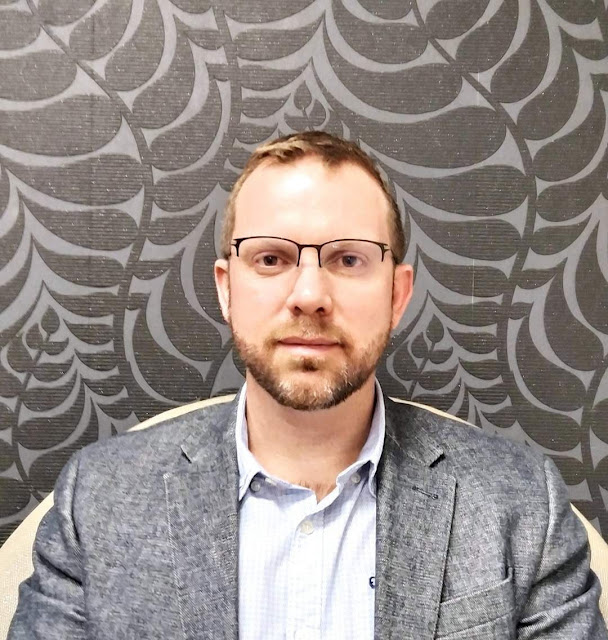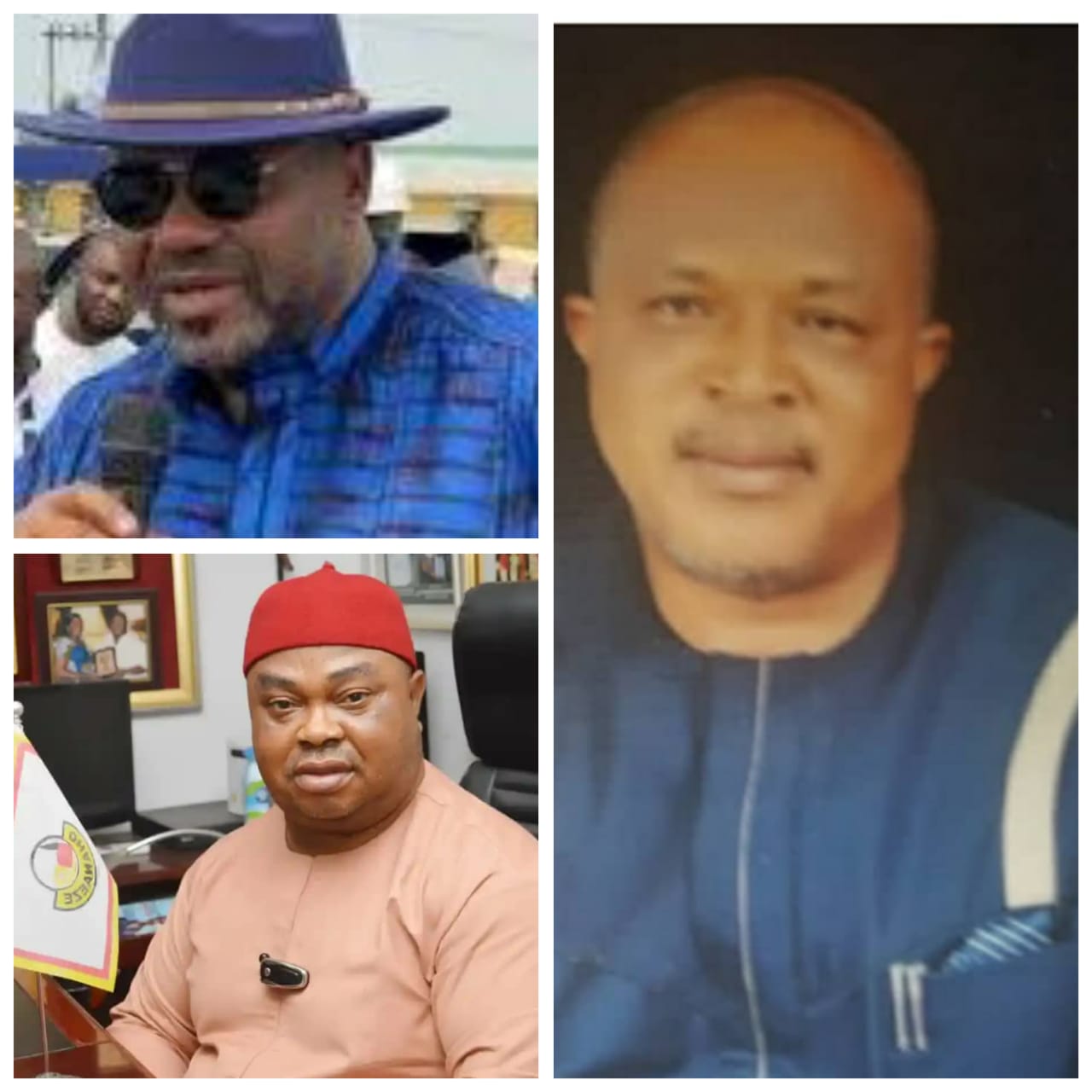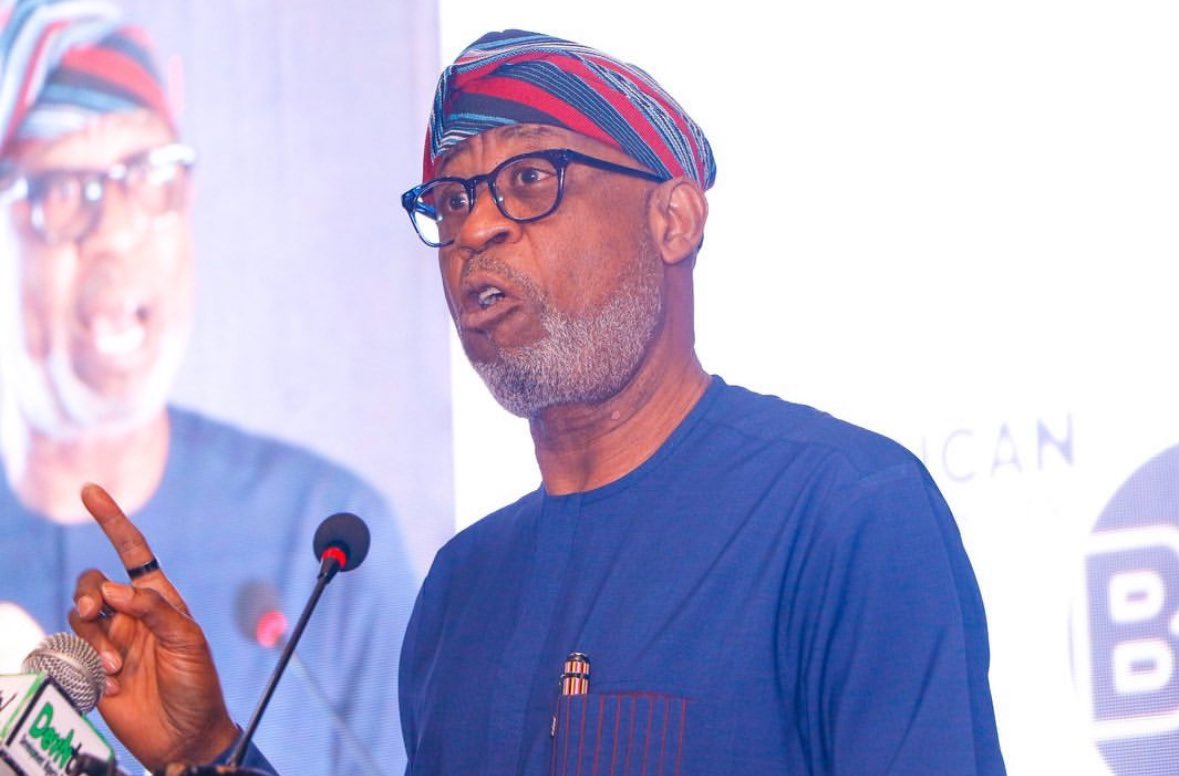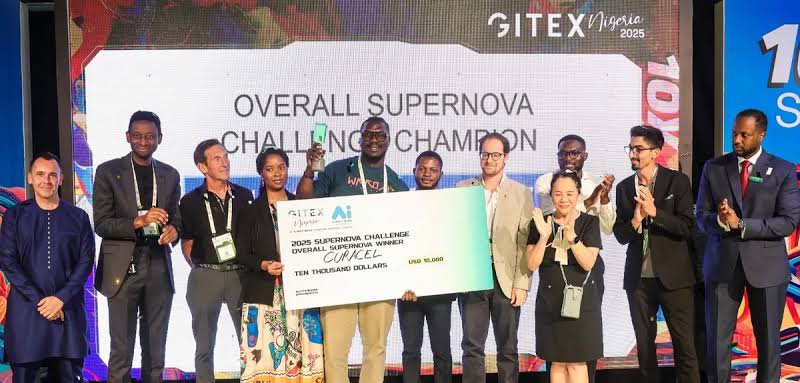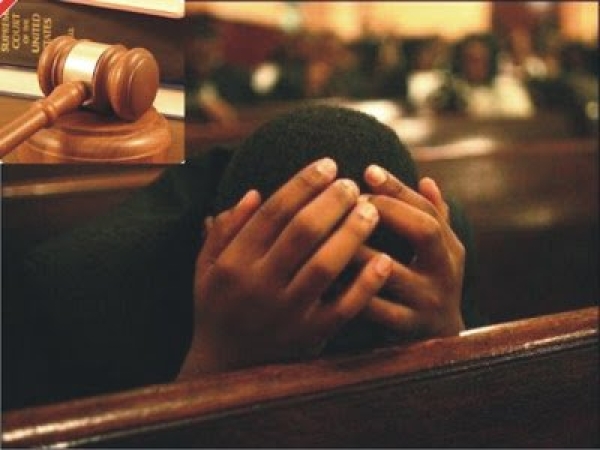In the bustling heart of Johannesburg, where the skyline pierces the African sky and the pulse of commerce never truly slows, a tragedy unfolded on September 5, 2025, that sent shockwaves through the legal community and beyond. Bouwer van Niekerk, a 43-year-old insolvency lawyer renowned for his unyielding pursuit of justice in the face of formidable odds, was brutally assassinated in the boardroom of his office at Smit Sew Attorneys and Conveyancers in the upscale suburb of Saxonwold. This was no random act of violence; it was a calculated execution, carried out with the cold precision of a professional hit. Two men, masquerading as prospective clients who had scheduled an appointment, entered the premises on Avonwold Road, drew their weapons, and fired multiple shots at Van Niekerk before fleeing the scene. No valuables were taken, no struggle ensued—only the lifeless body of a man who had dared to challenge the shadows of corruption in South Africa remained.
The Gauteng police, through spokesperson Dimakatso Nevhuhulwi, confirmed the details of the incident, noting that the investigation is ongoing and that authorities are actively searching for four suspects believed to be involved. Eyewitness accounts from the office staff painted a harrowing picture: the assailants arrived mid-morning, dressed in business attire to blend seamlessly into the professional environment. They were ushered into the boardroom for what was supposed to be a routine consultation on insolvency matters. But within moments, gunfire erupted, shattering the calm of the day. Van Niekerk, seated at the conference table reviewing documents, was struck several times in the upper body. Paramedics arrived swiftly, but the wounds were fatal. He was pronounced dead at the scene, leaving behind a wife, two young children, and a legacy that now serves as a stark warning to those who tread the perilous path of anti-corruption advocacy.
What makes this assassination particularly alarming is the timing. Just days prior, Van Niekerk had received explicit threats demanding his resignation from a high-profile case involving an alleged major Ponzi scheme. These were not vague warnings whispered in the corridors of power; they were chilling, direct communications that outlined the consequences of his continued involvement. Sources close to the matter revealed that the threats arrived via anonymous calls and messages, urging him to step down or face “dire consequences.” Van Niekerk, ever the steadfast professional, refused to yield. In a recent interview with a local legal publication, he had expressed his determination, stating, “I cannot abandon the victims of this scheme. Justice demands persistence, no matter the personal risk.” His defiance, admirable as it was, may have sealed his fate. The Ponzi scheme in question, which reportedly defrauded thousands of investors out of millions of rands, had tentacles reaching into influential circles, including alleged links to organized crime syndicates that have long plagued South Africa’s financial landscape.
To fully grasp the gravity of Van Niekerk’s death, one must delve into the broader context of his career and the turbulent environment in which he operated. Bouwer van Niekerk was not just any lawyer; he was a pillar in the field of insolvency and business rescue, specializing in unraveling complex financial webs that often concealed illicit activities. Born and raised in Pretoria, he graduated from the University of Pretoria with a degree in law before establishing himself in Johannesburg’s competitive legal scene. Over the years, he built a reputation for taking on cases that others shied away from—those involving state capture, fraudulent enterprises, and the shadowy dealings of politically connected tycoons. One of his most notable involvements was in the business rescue of companies linked to the Gupta family, the controversial Indian-born businessmen at the center of South Africa’s infamous state capture scandal during the Jacob Zuma presidency.
The Gupta saga, which unfolded in the mid-2010s, remains one of the most egregious examples of corruption in post-apartheid South Africa. The family, through their business empire, allegedly influenced government appointments, siphoned public funds, and looted state-owned enterprises like Eskom and Transnet. Van Niekerk’s role in the insolvency proceedings of several Gupta-affiliated entities involved dissecting layers of debt, identifying fraudulent transactions, and ensuring that creditors—many of whom were ordinary South Africans—received some semblance of restitution. This work was painstaking and dangerous; it required navigating a minefield of legal loopholes, hostile corporate interests, and, increasingly, physical threats. Van Niekerk often spoke publicly about the challenges, emphasizing in a 2023 conference speech that “insolvency practitioners are the unsung heroes in the war against economic sabotage, but we are increasingly becoming targets.”
The Ponzi scheme case that Van Niekerk was handling at the time of his death was equally explosive. Dubbed the “Rainbow Investment Fraud” by investigators, it involved a network of fake investment vehicles promising astronomical returns on property and commodity deals. Over several years, the scheme bilked investors—ranging from pensioners to small business owners—out of an estimated R500 million. Van Niekerk had been appointed as the business rescue practitioner, tasked with liquidating assets and pursuing those responsible. Preliminary probes suggested connections to money laundering operations and even international crime rings, which explained the ferocity of the threats. Refusing to resign meant not only continuing his legal duties but also potentially testifying in upcoming court proceedings that could expose high-level complicity. In the weeks leading up to his assassination, Van Niekerk had ramped up his efforts, subpoenaing financial records and interviewing key witnesses under tight security. His office had even installed additional surveillance cameras, a precaution that proved insufficient against the assailants’ brazen approach.
Reactions to Van Niekerk’s murder have been swift and vehement, underscoring the deep-seated fears within South Africa’s legal fraternity. Jo Mitchell-Marais, the chairperson of the South African Restructuring and Insolvency Practitioners Association (SARIPA), issued a statement expressing “deep shock and outrage.” She elaborated, “Our members must work without fear or violence. This assassination is not just a loss to the profession; it is an assault on the very foundations of our judicial system. Bouwer was a dedicated practitioner who embodied the highest standards of integrity. His death demands immediate action from authorities to safeguard those who dare to confront corruption.” Mitchell-Marais’s words resonate with a community that has long advocated for better protection mechanisms, including dedicated security details for lawyers involved in sensitive cases.
Ian Cameron, chairperson of the parliamentary portfolio committee on police, echoed these sentiments, framing the incident as an existential threat to justice itself. “When lawyers and investigators are targeted, it is likely justice itself that is being attacked,” Cameron declared in a press briefing on September 6, 2025. He called for a comprehensive review of police resources allocated to witness protection programs, pointing out that South Africa’s rising tide of contract killings—estimated at over 200 per year by civil society groups—has eroded public trust in the rule of law. Cameron’s committee has previously investigated similar incidents, and he pledged to summon top police brass for an urgent hearing to address the systemic failures that allowed this hit to occur in broad daylight.
This tragedy does not stand in isolation; it is part of a disturbing pattern of violence against those who challenge South Africa’s entrenched corruption networks. Just a few years earlier, in 2023, Cloete Murray and his son Thomas were gunned down in a similarly calculated attack in Pretoria. Cloete, a veteran insolvency practitioner, was deeply immersed in probes into Gupta-linked companies and other state capture entities. The father and son were ambushed as they left their offices, with Thomas killed instantly and Cloete succumbing to his injuries in the hospital. The case remains unsolved, fueling speculation about links to the same shadowy forces that may have targeted Van Niekerk. Van Niekerk himself had publicly warned about the implications of the Murrays’ murders, stating in a 2024 op-ed that they sent a “terrifying message” to the legal profession: “Speak out against the powerful, and pay the ultimate price.”
Another poignant parallel is the 2021 killing of Babita Deokaran, a whistleblower in the Gauteng health department who exposed multimillion-rand tenders awarded to cronies during the COVID-19 pandemic. Deokaran was shot dead outside her home in Johannesburg, just months after providing evidence to the Special Investigating Unit. Her assassination, like Van Niekerk’s, was executed with ruthless efficiency—assailants on motorcycles fired through her car window before speeding away. No arrests have been made in her case either, highlighting the impunity that perpetrators enjoy. These incidents form a grim tapestry, illustrating how corruption in South Africa has evolved from white-collar crime to outright warfare against its adversaries.
South Africa’s battle against corruption is a multifaceted struggle, rooted in the country’s apartheid legacy and exacerbated by post-1994 governance challenges. The Zuma era’s state capture, detailed in exhaustive reports by the Zondo Commission, revealed how private interests infiltrated public institutions, costing the economy billions. Insolvency lawyers like Van Niekerk played a crucial role in the aftermath, liquidating captured assets and recovering funds. Yet, the risks have escalated. Organized crime syndicates, often intertwined with political elites, have adopted tactics borrowed from global mafia operations: intimidation, bribery, and assassination. According to a 2024 report by the Institute for Security Studies, contract killings in South Africa have surged by 45% since 2020, with legal professionals comprising a growing share of victims.
The Gupta connection adds another layer of intrigue. After fleeing South Africa in 2018 amid mounting scandals, the family has continued to exert influence through proxies. Van Niekerk’s work on their insolvent firms involved tracing offshore accounts and dismantling shell companies, efforts that likely ruffled feathers far beyond Johannesburg’s borders. Speculation abounds about whether international elements were involved in his death, though police have not confirmed any such leads. The Ponzi scheme, meanwhile, bears hallmarks of similar frauds that have plagued the continent, such as the 2016 Nigerian MMM scheme or Zimbabwe’s recent investment scams. In South Africa, these operations exploit economic desperation, preying on the unemployed and the elderly with promises of quick wealth.
As investigations into Van Niekerk’s murder progress, the public is left grappling with profound questions. Who orchestrated this hit? Was it directly tied to the Ponzi case, or did his past work on Gupta matters catch up with him? The police’s pursuit of the four suspects—described as two shooters and two possible accomplices—has yielded CCTV footage from nearby streets, showing a getaway vehicle abandoning the scene. Forensic teams are analyzing ballistics, hoping to link the weapons to other crimes. Nevhuhulwi assured the media that “no stone will be turned unturned,” but skepticism runs high given the track record of unsolved high-profile cases.
The legal community’s response has been one of mourning and mobilization. Memorial services for Van Niekerk are planned for September 10, 2025, at the St. Martin’s Church in Rosebank, where colleagues, family, and supporters will gather to honor his life. SARIPA has launched a fund to support the families of fallen practitioners, while the Law Society of South Africa is lobbying for legislative changes, including mandatory threat assessments for lawyers on corruption cases. Activists like those from Corruption Watch have decried the killing as “a death knell for accountability,” urging President Cyril Ramaphosa to declare a national emergency on witness protection.
Van Niekerk’s personal story adds a human dimension to this saga. Described by friends as a devoted family man with a passion for rugby and classical music, he balanced his high-stakes career with quiet evenings coaching his children’s soccer team. His wife, Elena, released a statement expressing profound grief: “Bouwer lived for justice, and he died for it. We will not let his sacrifice be in vain.” Their children, aged 8 and 10, are too young to fully comprehend the loss, but the family’s resolve mirrors Van Niekerk’s own.
In the days following the assassination, Johannesburg’s legal district felt the weight of uncertainty. Offices that once buzzed with deal-making now operate under heightened security, with guards at entrances and whispered conversations about personal safety. The incident has reignited debates on South Africa’s democratic health: Can a nation root out corruption if its guardians are systematically eliminated? International observers, including Amnesty International, have condemned the killing, calling it symptomatic of a broader erosion of human rights.
As the sun sets on another day in the City of Gold, the echoes of gunfire in Saxonwold serve as a grim reminder. Bouwer van Niekerk’s death is more than a personal tragedy; it is a clarion call for reform. For South Africa to reclaim its promise, it must protect those who defend it—fiercely, unflinchingly, and without compromise. The road ahead is fraught, but in remembering Van Niekerk’s courage, there lies hope that his legacy will inspire a new generation to press on.
Expanding the Shadows: The Broader Implications for South African Justice
To truly appreciate the seismic impact of Bouwer van Niekerk’s assassination, one must zoom out from the immediate crime scene and examine the intricate web of corruption that ensnares South Africa’s institutions. The country’s insolvency regime, governed by the Companies Act of 2008 and administered through bodies like SARIPA, is designed to rehabilitate distressed businesses while holding wrongdoers accountable. Yet, in practice, it often becomes a battleground. Practitioners like Van Niekerk must contend not only with legal complexities but also with intimidation from stakeholders who stand to lose fortunes if their frauds are exposed.
Consider the Gupta-linked companies Van Niekerk handled. Entities such as Oakbay Investments and Islandsite Investments were at the epicenter of state capture allegations. Van Niekerk’s team uncovered irregularities in loan agreements, inflated invoices, and transfers to offshore havens in the United Arab Emirates. These findings contributed to civil lawsuits that recovered over R100 million for creditors, a modest victory in the grand scheme. But such successes come at a cost. The Guptas’ associates, including former executives and political fixers, have been known to employ private security firms with ties to criminal underworlds. Van Niekerk had reported multiple harassment incidents prior to his death, including slashed tires and anonymous vandalism at his home.
The Ponzi scheme adds a contemporary twist. Emerging in 2022 amid economic fallout from the COVID-19 pandemic, it targeted vulnerable communities in Gauteng and KwaZulu-Natal. Promoters used social media and community churches to lure investors with tales of lucrative land deals in rural areas. Van Niekerk’s investigation revealed a pyramid structure, with early participants paid from later inflows—a classic Ponzi hallmark. He identified key figures, including a former bank manager and a network of accountants, who now face potential charges of fraud and racketeering. The threats he received escalated after he froze suspect accounts, preventing further payouts.
This pattern of violence against legal figures is not new but has intensified. The 2023 Murray murders exemplify the risks. Cloete Murray, 68 at the time, was a doyen of insolvency law, having worked on over 500 cases. His son Thomas, 34, was following in his footsteps. Their Pretoria office was handling probes into entities connected to the VBS Mutual Bank scandal, where R2 billion was looted from a rural bank serving black communities. The attack occurred on a quiet afternoon; assailants waited in a van outside and opened fire as the Murrays exited. Ballistic evidence suggested silenced pistols, indicating professional involvement. Van Niekerk, who knew the Murrays personally, had collaborated on a joint report criticizing the lack of police protection for insolvency experts. “These killings are meant to silence us,” he wrote in a 2024 newsletter.
Babita Deokaran’s case further illustrates the nexus between public sector graft and personal peril. As a senior official, she flagged irregular PPE contracts worth R332 million during the height of the pandemic. Her evidence implicated provincial officials in kickback schemes. Assassinated in her driveway, Deokaran’s death prompted widespread protests and a temporary boost in investigations. Yet, three years later, her killers remain at large, underscoring the challenges in prosecuting elite corruption.
South Africa’s response to these threats has been piecemeal. The Witness Protection Act of 1998 provides for relocation and anonymity, but funding shortages limit its scope—only about 100 individuals are protected at any time. The National Prosecuting Authority (NPA) has bolstered its Investigating Directorate Against Corruption, but critics argue it lacks teeth against politically insulated networks. Ramaphosa’s administration has touted anti-corruption reforms, including the 2024 Prevention and Combating of Hate Crimes and Hate Speech Bill, but implementation lags.
Economically, the toll is staggering. Corruption costs South Africa up to 10% of GDP annually, per World Bank estimates, stifling growth and exacerbating inequality. Van Niekerk’s work, though cut short, contributed to recovering assets that could fund social programs. His death risks deterring talent from the field, potentially allowing fraudsters to operate unchecked.
On a societal level, the assassination erodes faith in institutions. Polls by Afrobarometer show trust in the judiciary at historic lows, below 40%. Civil society groups like the Helen Suzman Foundation are pushing for independent oversight bodies, while international partners, including the U.S. and EU, condition aid on progress against impunity.
Van Niekerk’s family continues to seek solace amid grief. Elena van Niekerk has vowed to establish a foundation in his name, focusing on legal aid for corruption victims. Colleagues remember him as meticulous yet compassionate, often mentoring young lawyers on ethical dilemmas.
As September 2025 unfolds, South Africa stands at a crossroads. Will Van Niekerk’s murder catalyze meaningful change, or will it join the list of forgotten atrocities? The answer lies in collective action—from bolstering police capabilities to fostering a culture of transparency. In the words of Nelson Mandela, “No one is born hating another person because of the color of his skin… People must learn to hate, and if they can learn to hate, they can be taught to love.” Extending this to corruption: If society can be taught to tolerate graft, it can be taught to eradicate it. Bouwer van Niekerk’s legacy demands nothing less.
A Call to Arms: Safeguarding the Guardians of Justice
Delving deeper into potential motives, one cannot ignore the intersections of crime and politics in South Africa. The Ponzi scheme’s backers may include figures from the construction mafia, notorious for extorting public projects. Van Niekerk’s probes could have disrupted their cash flows. Similarly, Gupta remnants, operating from Dubai, have been linked to cyber fraud rings targeting South African banks.
Police investigations have intensified, with a task force combining Hawks (Directorate for Priority Crime Investigation) expertise and cyber forensics. Early leads point to a burner phone used for the threats, traced to a Johannesburg slum. The getaway car’s plates were fake, but tire treads match vehicles used in prior hits.
The international dimension is intriguing. South Africa’s insolvency cases often involve cross-border elements, invoking treaties like the UNCAC (United Nations Convention Against Corruption). Interpol has been notified, given possible foreign funding for the assassination.
For the legal profession, practical steps are urgent. SARIPA is advocating for panic buttons in offices and joint patrols with private security. Training on threat recognition is expanding, drawing from models in Mexico and Italy, where anti-mafia judges face similar perils.
Van Niekerk’s death has galvanized media coverage, with outlets like News24 and eNCA dedicating series to the issue. Public discourse on social media trends under #JusticeForBouwer, amplifying calls for accountability.
In conclusion, this assassination is a watershed moment. South Africa must rise to protect its Van Niekerk’s—fierce defenders against the darkness. Only then can the nation fulfill its rainbow promise, free from the shadows of fear.


